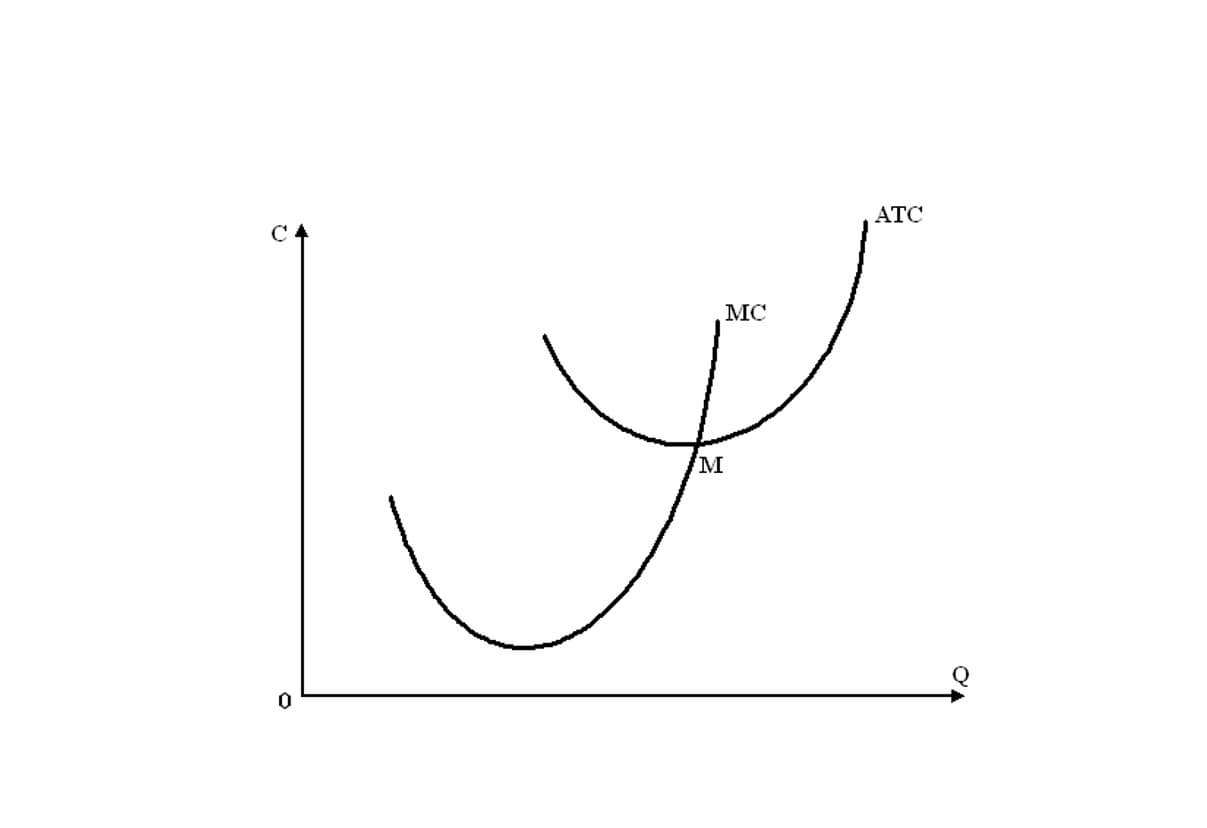
This allows external users to make informed decisions about the company’s financial position and performance. The most notable principles include the revenue recognition principle, matching principle, materiality principle, and consistency principle. Completeness is ensured by the materiality principle, as all material transactions should be accounted for in the financial statements. Mastering these three fundamental principles of accounting is essential for anyone involved in financial reporting, from accountants to business managers.
Great! The Financial Professional Will Get Back To You Soon.
Monetary Unit Assumption – assumes that all financial transactions are recorded in a stable currency. Companies that record their financial activities in currencies experiencing hyper-inflation will distort the true financial picture of the company. Quantifiability means that records should be stated in terms of money, usually in the currency of the country where the financial statements are prepared.

Key Accounting Principles and Concepts

IFRS principles are issued and updated by the International Accounting Standards Board (IASB), an independent and private organization based in London. As of June 2024, IFRS guidelines are used in more than 100 countries, including most major economies in Europe, South America, and Asia. In December 2022, the SEC updated the standards it uses when evaluating financial disclosures that contain pro forma reporting. However, as of June 2024, the underlying debate remains without a definitive resolution. The Governmental Accounting Standards Board (GASB) estimates that about half of the states officially require local and county governments to adhere to GAAP.

Do you already work with a financial advisor?
Accounting concepts and principles are a set of rules and assumptions that are necessary to set a standard while recording financial transactions as well as maintaining books of accounts in the business. The materiality concept states that transactions and events must be reported if they are material, meaning they have a significant effect on Partnership Accounting the financial statements of a business. This means that companies must disclose all information relevant to their financial statements in order to provide an accurate picture of their performance. Since accounting principles differ around the world, investors should take caution when comparing the financial statements of companies from different countries. The issue of differing accounting principles is less of a concern in more mature markets.
If numbers had feelings, the 3 basic accounting principles would help them navigate the financial world. The Great Depression in 1929, a financial catastrophe that caused years of hardship for millions of What is bookkeeping Americans, was primarily attributed to faulty and manipulative reporting practices among businesses. In response, the federal government, along with professional accounting groups, set out to create standards for the ethical and accurate reporting of financial information. Many reputable accounting degree programs teach generally accepted accounting principles as part of their curricula. This guide for accounting students explores GAAP standards and how they continue to evolve in a changing economy. Whether it’s GAAP in the U.S. or IFRS elsewhere, the overarching goal of these principles is to boost transparency and make it easier for investors to compare the financial statements of different companies.
Financial Accounting Foundation
- We believe everyone should be able to make financial decisions with confidence.
- Personal transactions of the owners, managers, and employees must not be mixed with transactions of the company.
- Going Concern Concept – states that companies need to be treated as if they are going to continue to exist.
- They also help to ensure transparency in the financial reporting process and help companies to comply with legal and regulatory requirements.
- Financial statements are prepared with the assumption that the entity will continue to exist in the future, unless otherwise stated.
Businesses should record revenue only when there’s reasonable certainty that it will be recognized, for example by a purchase order or signed invoice. Going Concern Concept – states that companies need to be treated as if they are going to continue to exist. This means that we must assume the company isn’t going to be dissolved or declare bankruptcy unless we have evidence to the contrary. Thus, we should assume that there will be another accounting period in the future.
- The “going concern” accounting principle says you should assume that your business is in good financial condition and will remain in operation for the foreseeable future.
- The relevance principle guides the company in presenting information that investors and other stakeholders need to make informed decisions, such as highlighting changes in revenue or significant new contracts.
- The accrual principle, while offering a more accurate picture of a company’s finances, can be more complex to implement compared to the cash basis.
- If any cost continuously changes, suppose due to a change in market prices, it will be difficult for the bookkeeper to show them in the books.
- Conversely, if there is uncertainty about recording a gain, you should not record the gain.
This was disclosed, as required by GAAP, in the footnotes to the audited financial statements. Similar to the accrual principle, the matching principle promotes comparability between financial statements of different companies. This is because they’re using the same method of associating expenses with revenue.
What is the Consistency Principle?
In 2014, the FASB issued an Accounting Standards Update (ASU) entitled Revenue from Contracts with Customers (Topic 606) which provides extensive guidance for reporting revenues on the income statement. The notes to the financial statements are referenced on each financial statement to inform the user that the notes are an integral part of each financial statement. The notes are necessary because a company’s business activity cannot be communicated completely by the amounts appearing on the face of the financial statements. If neither of the above is logical, expenses are reported in the accounting period that the expenses occur.
Would you prefer to work with a financial professional remotely or in-person?
- This means that a company does not need to liquidate its assets and settle its accounts immediately, as it has every intention of continuing to operate as normal.
- Accountants assume that a company’s ongoing complex business operations and financial results can be divided into distinct time periods such as months, quarters, and years.
- Standardized accounting principles date back to the advent of double-entry bookkeeping in the 15th and 16th centuries, which introduced a T-ledger with matched entries for assets and liabilities.
- Not every business can afford to hire specialized accountants for every task, and expecting clerical staff to master the intricacies of the double-entry system isn’t always practical.
- Consistency Principle – all accounting principles and assumptions should be applied consistently from one period to the next.
- These three fundamental principles—consistency, relevance, and reliability—play a critical role in financial reporting.
If the consistency principle is not followed, the company will jump around here and there, and financial reporting will be messy. As a result, it would 3 basic accounting principles be difficult for investors to see where the company has been going and how it is approaching its long-term financial growth. The matching principle means that expenses are recorded in the same accounting period that the revenue is generated. It is imperative to follow accounting principles when measuring business routines, which may include incomes, expenses, and other aspects.

